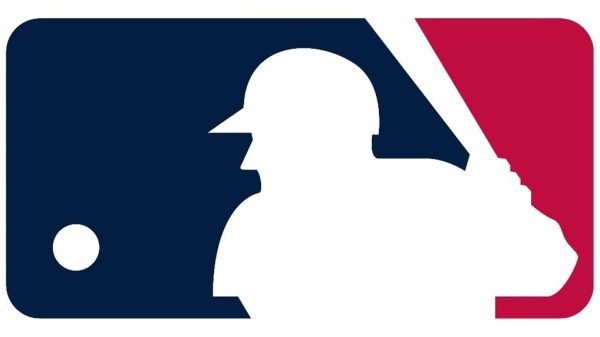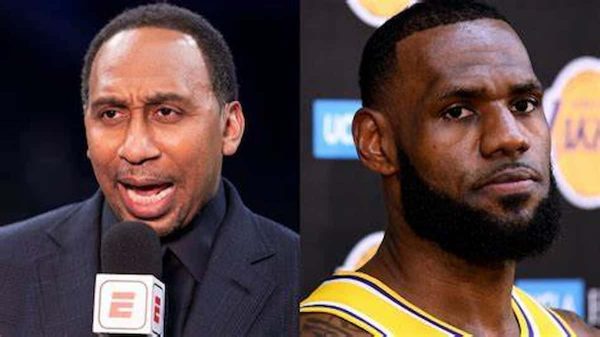ESL & America
What is the European Soccer League and Why is America Involved?
The European Super League (ESL) was proposed by a group of billionaire soccer club owners and American bank JP Morgan. The ESL offered a continental competition that incorporated all of the most famous names from Europe’s domestic soccer leagues every year into an event of their own. It suggested a closed competition, based on the American sports model, in which the founding clubs and guests would compete against one another while claiming even more of soccer’s billions of dollars in revenue for themselves. The driving force behind the project was Real Madrid, Manchester United, Liverpool, and Juventus, while the invited clubs included Barcelona, Atletico Madrid, Inter Milan, A.C. Milan, Manchester City, Tottenham, Chelsea, and Arsenal. The ESL would essentially replace the Champions League, the sport’s showpiece club competition, where the roster is set each year based on clubs’ performance in their domestic leagues instead of having permanent members who face no risk of missing out on either the matches or the profits.
Critics say that the creation of the ESL would call into question the very future of the domestic leagues that have been soccer’s tradition for more than a century. Still, these wealthy clubs argue that the ESL would save them from financial ruin after losing hundreds of millions of dollars in revenue due to the COVID-19 pandemic. There is also a growing belief that, since the big clubs drive the bulk of the revenue in their national leagues, they should receive an even greater share of it. According to estimates, each founding member stands to gain around $400 million merely to establish “a secure financial foundation,” which is four times more than Bayern Munich earned for winning the Champions League last season. The clubs also believed that selling the broadcast rights for the ESL and the commercial income would be worth billions.

So, what happened to these wildly ambitious plans? The reaction was one of extreme rage at the betrayal of tradition, as thousands of club supporters took to the streets to protest, regardless of if their club was a founding member. Even players and managers of the founding members spoke out against the plans, leading billionaire owners and banks to issue unprecedented apologies. The backlash was so fierce that the clubs quietly abandoned the project merely 48 hours after announcing it. Now, the game's governing bodies are all preparing to sanction those clubs, which could mean throwing the clubs out of their domestic leagues and banning players from representing their countries in international competitions.
Perhaps most upsetting to the fans, though, is the fact that American greed was a chief motive in the project. Without a doubt, the concept was based entirely on the closed league model of sport in the United States, and, naturally, the American-owned founding clubs, which were four of the twelve, found merit in the format. American bank JP Morgan Chase also underwrote the ESL for 3.25 billion euros ($3.9 billion), which shows just how much revenue it was expected to generate. Josh Musser (12), a Tottenham, fan shares, “I don’t think that these teams deserve a bigger piece of the pie. Yes, they bring in the most revenue for the leagues, but they also benefit from sponsorships from big corporations each year. I think revenue should be split evenly to keep a somewhat fair playing field.” Fiamma Targtalia, a student at Loughborough University in England, says, “I wouldn’t watch football if such a league was established as it makes it less of community activity and more elitist. I think the announcement of the founding clubs definitely worsened many fans’ opinions on their favorite teams.”
On Sunday, the Premier League clash between Manchester United and Liverpool was postponed after United fans invaded the Old Trafford pitch in a demonstration against the American team owners, the Glazer family. The outrage has demonstrated that the European mindset in relation to the sport is completely different, and a large part of it may be a devotion to tradition. Still, it is also about the commitment to the principle of competition based on sporting merit. In soccer, aside from MLS and very few other leagues, if you don't perform, you get relegated; you have to fight for and earn your position. In a game, a business that has become, and probably always was, fundamentally dishonest and primarily driven by money; it’s one of the few honest things left about it.

Dan Kerik is a senior planning to pursue a business degree at the University of Georgia next year. While at Wheeler, he is involved in cross-country, National...







